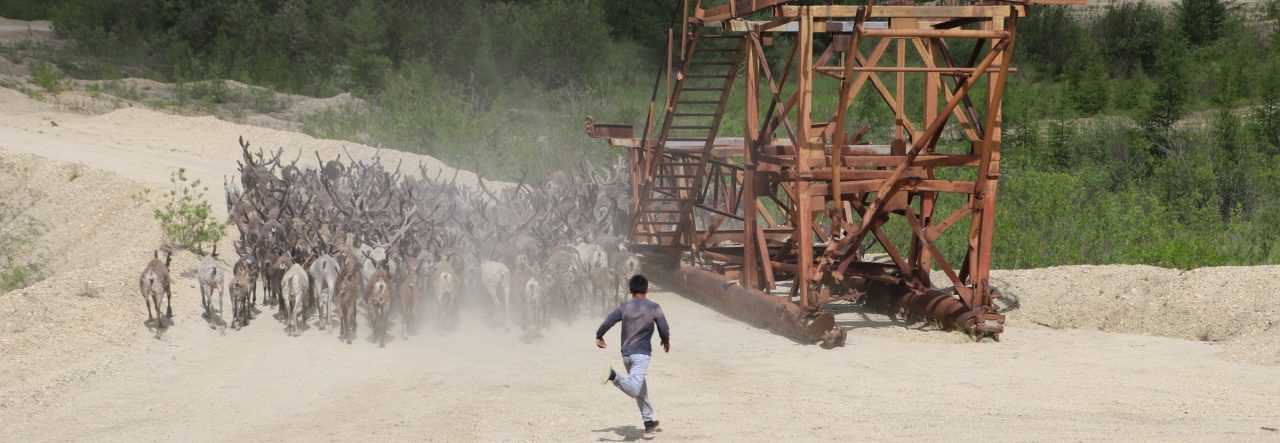12–13 June 2020

The Arctic is a region that is commonly associated with animals. It is typical for people in the south to imagine (sub)arctic inhabitants living together with polar bears and reindeer (if not with penguins). Indeed, for thousands of years, human life in the boreal regions has been dependent on animals, probably more than anywhere else in the world. As a result, human-animal relations vary from domestication to avoidance, from socialization to demonization, and from symbolization to ignoring.
Following the success of the last workshop, we plan to continue discussing these different qualities of human-animal relationship through the notions of symbiosis and symbolic value. In biology, symbiosis (from the Greek “living together”) refers to the interaction between two organisms that are in a mutualistic, commensalistic or parasitic relationship. We believe these different aspects deserve a closer look as heuristic conceptual tools for social scientists when discussing domestication, consumption, cohabitation, transportation, diseases, and pet ownership in the Arctic. How do people imagine their relationship with animals? In which situations are these seen as mutually beneficial or parasitic? How are these relationships represented through symbolic means?
Many Arctic regions have animals on their coat of arms. However, as most people now live in settlements, they have rarely seen these animals in person. This also increasingly applies to the descendants of indigenous pastoral nomads and hunters, as once mobile families have given up their traditional livelihoods in the Arctic regions. In these changing settings, what kind of relationships with animals exist in urban islands of the North? What is the animals’ economic or spiritual value (as transport animals, sources of fur, companionship, hunting game, means of sacrifice, tourist attractions, accumulation of wealth, etc.)? What is the symbolic value of animals which once were present and are now represented by folklore dance groups or artists as part of their indigenous culture? What is the role of familiar human companions such as dogs in the changing patterns of northern livelihoods? How is the food of indigenous communities (reindeer, whales, bears, birds, fish, etc.) valued and used in the transformed social, legal and environmental contexts? We wish to address these and related questions in the workshop in Tartu.
Our goal is to assemble a truly interdisciplinary collection of presentations that will focus on the cultural and social side of the topic, contributing to a better understanding of the economic, political or ecological aspects in general. Therefore, we encourage participation not only by anthropologists but also by economists, political scientists, historians, human geographers, biologists and others. The informal nature of the workshop is suited for senior scholars discussing their research results and also for PhD students who have fieldwork experience in the region.
As a keynote speaker, we are proud to announce Riina Kaljurand from the Ministry of Foreign Affairs of the Republic of Estonia. She is one of the coordinators of the application of Estonia to join the Arctic Council as an observer and will deliver a speech about Estonia’s vision of the Arctic policy.
We kindly request you to send your abstract (up to 300 words) to Aimar.Ventsel@ut.ee by the 20th of March 2020.
